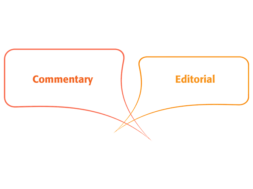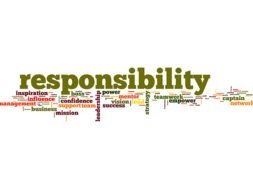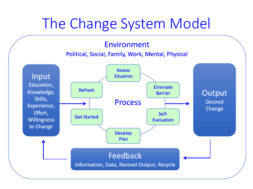
Musings of an Educational Entrepreneur
By Benjamin Franklin
This is a new column that gives educational leaders the opportunity to discuss higher education issues. For more information on how to contribute, contact Jenny Faubert at 920-264-0199 or jfaubert@careereducationreview.net.
King George imposed the five intolerable acts upon the colonies in retaliation for what he felt was the outrageous and rebellious Boston Tea Party. The king believed that imposing restrictions on freedom and trade would force the colonists to submit to the crown’s will. The action took away much of the self-governance and historic rights of colonist of Massachusetts and elsewhere in the Americas. However, it was these intolerable acts that forced the colonists to organize in 1774 in a colonial congress to discuss our grievances against the King’s discriminatory actions.
As I, Ben Franklin, reflect on how these unfair laws became a rallying point for the American Patriots of my day, I see a similar trend developing in these modern times. My fellow career college owners have also faced a series of intolerable acts that were designed with one purpose – to impose restrictions on the freedom and activities of a sector of education. These punitive measures crafted by the uber leftist groups include the gainful employment rule, borrowers defense to repayment, state authorization, and a rewrite of the audit guide.
For the most part, all these contemporary intolerable acts have been designed to hurt for-profit educational institutions and, more disturbingly, their students.
These egregious acts defy logic and have unequally impacted different institutions depending on the location of the school.
The most heinous of the Obama administration’s punitive rules was gainful employment. The department used two words in the statutory language which defines an attribute of a for-profit institution and created a regulation over 800 pages long. There are many intolerable issues associated with this regulation, but its primary purpose was to define how much debt could be incurred by students entering certain degree programs. If a student wanted to pursue a program in which the pay, upon completion and three years of work, is not enough in the uber liberals value system to cover the debt incurred, then the government would decide that was a wrong decision for the student and force the school to shutter that program of study.
The government’s logic that the ROI needs to be substantial for the program to be worthwhile flies in the face of student choice. Much like the King when he told the Bostonians that their freedoms would henceforth be curtailed, the Obama administration told our students they could not choose to be chefs, cosmetologists, commercial artists or actors (et al). It did not matter that certain professions could be taught and financial aid eligible at more expensive private schools if the schools were not for profit. The rule also did not recognize that geographical consideration would negatively impact programs taught in poorer states such as Mississippi where salaries are lower than in the liberal bastions of New York and California.
The second present day intolerable act is called state authorization. While this regulation impacted all institutions that provided online education, the largest and most successful institutions at the time it was promulgated were in the for-profit sector. This rule forced institutions with online programs to get licenses in all states in which students resided before they could provide federal Title IV funds. It gives states, some who are hostile to for-profit education, the ability to limit institutions from enrolling students online and/or to charge an extreme licensing fee.
One state required a $100,000 application fee to permit an institution to enroll students from that state.
The third current intolerable act is the Obama administration’s inspector general rewrite of the audit guide of participation in the Title IV programs. This intrusive and expensive annual exercise required by the federal government exceeds any of the standards of generally accepted accounting principles. In this audit for proprietary schools only, the sample size is geometrically greater than for similar sized institution in the non-profit sector. The level of documentation required has driven the expense of the audits, even for the smallest schools, by a factor of 4. It is an insufferable form of harassment for entrepreneurial-based educational institutions.
The final act of the Obama administration which is deemed intolerable is the borrower defense to repayment regulation. This terribly retaliatory regulation would have given students the ability to demand refunds of their tuition if they felt that they were misled, defrauded or poorly treated. The level of proof for the student’s allegations was almost non-existent. Trial lawyers had already geared up their advertising to “protect the student’s rights” and in so doing, extort institutions for payment. Again, this complicated bill with many deleterious provisions defied logic and sought to punish institutions.
In response to the king’s heavy-handed actions, American patriots fought to create a government that is responsive to and representative of the people. Unlike in my time, the for-profit sector won’t have to resort to a “revolutionary war” and overthrow a government to evoke change. It appears the Trump administration is providing logic and relief by removing or modify these unreasonable rules. After nearly 250 years, I am glad that our constitution and democracy still provide the foundation to withstand actions we can’t or won’t tolerate.






